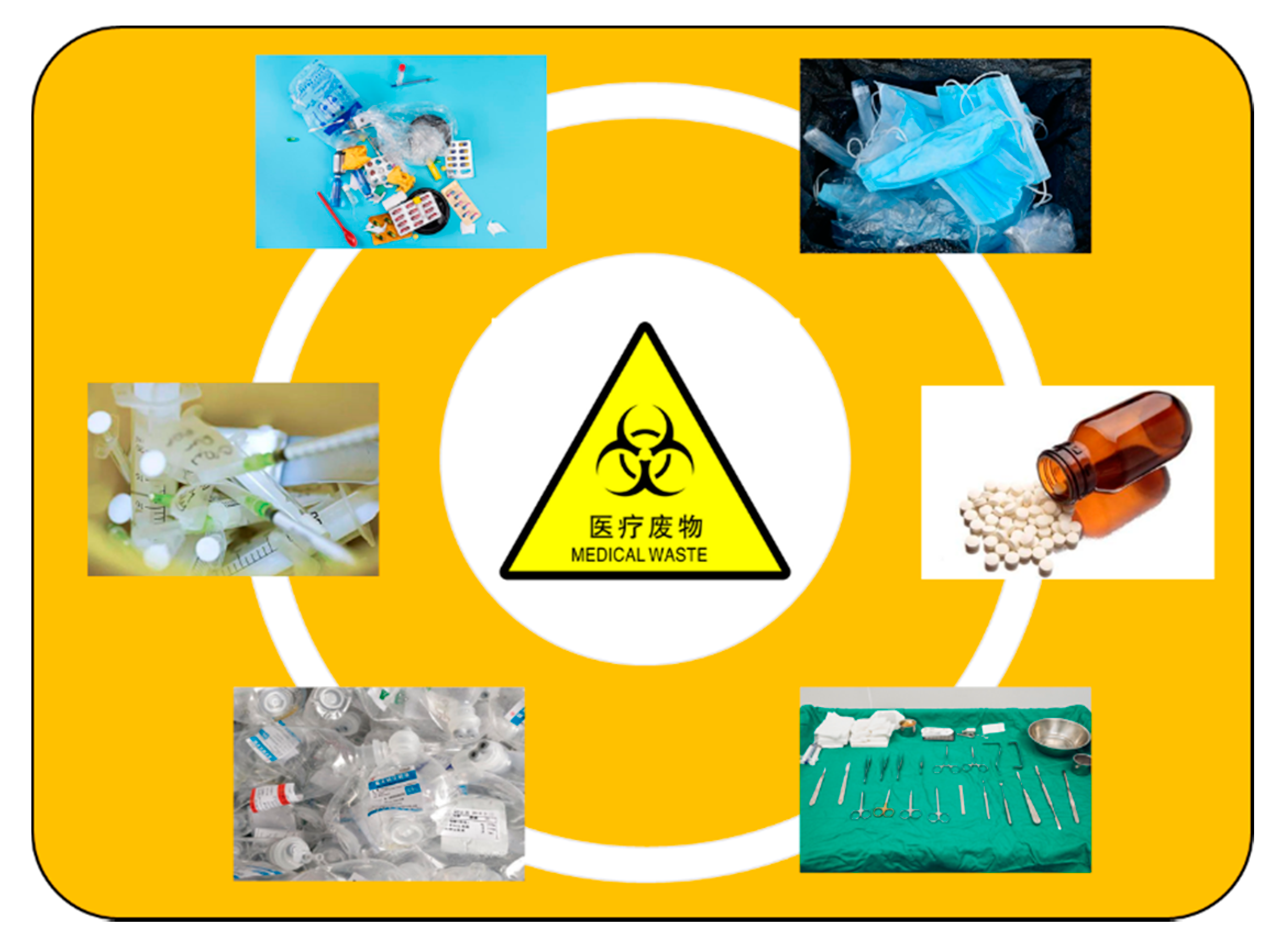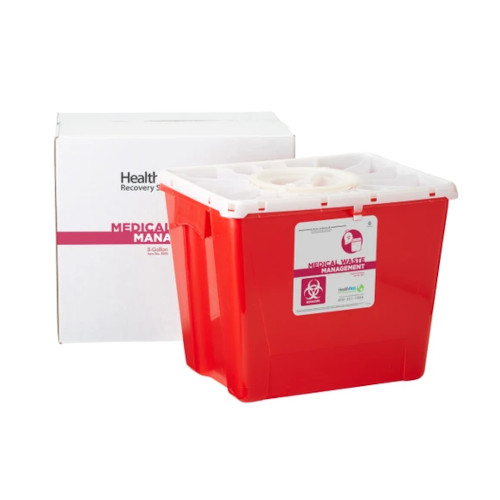Navigating Medical Waste Disposal: Important Services for Medical Care Facilities
In the complex landscape of medical care procedures, the monitoring of medical waste is an essential element that requires thorough attention. Healthcare facilities, whether tiny facilities or huge medical facilities, are entrusted with the duty of handling, dealing with, and getting rid of a broad range of clinical waste streams. The complexities included in navigating with the governing demands, making certain appropriate waste segregation, and carrying out safe collection and transport processes are critical. Understanding the essential solutions that sustain clinical waste disposal is not just an issue of conformity however additionally a basic part in securing public health and ecological health. The complexities of this procedure are important for health care centers, and the knowledge offered in this realm plays a crucial function in maintaining the integrity of health care systems.
Regulatory Compliance Support
For healthcare centers, guaranteeing regulative conformity support is important to maintain proper handling and disposal of medical waste. Complying with policies stated by organizations such as the Epa (EPA) and the Occupational Safety and Wellness Administration (OSHA) is essential to prevent ecological contamination, protect public health, and avoid potential lawful repercussions. Governing compliance assistance gives medical care facilities with support on just how to effectively set apart, store, transport, and take care of numerous kinds of clinical waste based on neighborhood, state, and government laws. This support consists of support in producing and carrying out detailed waste monitoring plans, performing routine team training sessions, and executing audits to ensure ongoing compliance. By partnering with governing conformity experts, health care centers can stay up-to-date on advancing laws, minimize dangers connected with incorrect garbage disposal, and ultimately add to a more secure and extra lasting environment for all.
Waste Segregation Guidance

Healthcare centers need to offer clear standards and training to team on exactly how to segregate waste properly. This includes separating basic waste from unsafe products such as sharps, contagious waste, pharmaceuticals, and chemical waste.
Collection and Transport Services

Correct collection and transportation services are crucial elements of the clinical waste disposal process in healthcare facilities. These solutions make sure that hazardous products are taken care of securely and in conformity with policies to protect both the atmosphere and public wellness. Medical care facilities count on specialized waste management firms to supply efficient collection and transportation services tailored to their needs.
Clinical waste collection includes segregating various kinds of waste at the point of generation, making use of color-coded bags or containers to compare basic, hazardous, pharmaceutical, and other waste streams. Educated workers must execute this job to stop contamination and ensure appropriate disposal. Once collected, the waste is transported in committed cars geared up to deal with harmful materials securely. These automobiles follow rigorous security requirements and adhere to assigned routes to accredited treatment facilities for disposal via techniques such as sanitation, incineration, or landfilling.
Therapy and Disposal Solutions
In the world of clinical waste disposal for medical care centers, after the important stage of collection and transportation solutions, the emphasis moves in the direction of implementing effective therapy and disposal services. Treatment services commonly entail procedures such as autoclaving, which utilizes vapor under stress to decontaminate the waste. This technique is generally made use of for infectious waste that needs to be provided non-hazardous prior to disposal. Another prevalent therapy technique is incineration, where waste is subjected to high temperature levels in regulated setups to lower its quantity and get rid of microorganisms.
Disposal options encompass the final step in the medical waste administration process. Recycling and resource healing are also obtaining grip as lasting disposal options for particular kinds of medical waste products.
Reliable therapy and disposal services are critical in ensuring conformity with laws and guarding public health and wellness and the atmosphere. Health care centers should very carefully examine and select proper techniques that straighten with their waste administration goals and sustainability campaigns.
Personnel Training and Education

To efficiently handle clinical garbage disposal in medical care centers, detailed staff training and education and learning read the article play an important role in making sure adherence to governing requirements and preserving a risk-free atmosphere. Correct training gears up team with the understanding and skills required to manage different sorts of clinical waste, segregate them appropriately, and package them safely for disposal. By enlightening workers on the risks connected with inappropriate handling of medical waste, centers can minimize the likelihood of mishaps, contamination, and regulative offenses.

Conclusion
In conclusion, health care facilities count on vital medical garbage disposal services to make certain regulative conformity, proper waste segregation, secure collection and transportation, reliable therapy and disposal, in addition to team training and education. These services play an essential role in preserving the health and wellness of both medical care employees and the basic public, highlighting the relevance of appropriate management of clinical waste in medical care settings.
For healthcare facilities, guaranteeing regulatory compliance support is necessary to preserve correct handling and disposal of medical waste. Waste segregation involves categorizing different kinds of medical waste to guarantee proper handling, treatment, and disposal. This includes separating basic waste from unsafe products such as sharps, transmittable waste, drugs, and chemical waste.Medical waste collection involves setting apart different types of waste at the factor of generation, making use of color-coded containers or bags to identify between general, unsafe, pharmaceutical, and other waste streams.In the world of medical waste disposal for health care facilities, after the vital stage of collection and transport solutions, the focus moves towards executing click this site effective treatment and disposal options.